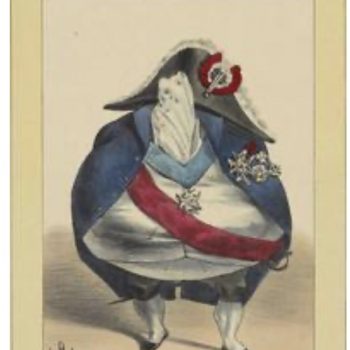“Graspings: wholes and not wholes, convergent divergent, consonant dissonant, from all things one and from one thing all.” (K 124; cp. D, R, S 10)
This is another of Heraclitus’ summative statements of the unity in plurality. This can be viewed as complimenting Fragment 123 (D 67). Each of the contrasting set of terms here is abstract. The reference here is not, as in Fragment 123 to concrete oppositions or parts of process that can be viewed as integral to one another — summer/winter as seasons of the year, darkness/light as parts of the day.
“Graspings” here (syllapsies) can be taken as both a noun and verb. Robinson translates it merely as a noun phrase “things grasped together.” Sweet translates it as “seizures,” meaning to emphasize the physical seizure or grasping. Others translate it as “things taken together” “connections,” or “assemblages.” It also implies comprehending. Those things grasped are understood as wholes consisting of parts, as converging and diverging, and consonant and dissonant. The third referent here — the consonant and dissonant — particularly compliments Fragment 78 (D 51) on the back-tuning of the bow and lyre, at variance and at one.
The final whole mentioned here is unique. For all wholes — except for the whole comprised of all other wholes — also are always grasped as parts of further wholes. However, the set of all sets — which Hegel views as the Idea — alone includes all other things (or for Hegel thought determinations) within itself, without itself being part of anything else.
Generally, of course, this fragment underlines Heraclitus’ monism — that whole of all wholes is the god of which he has spoken in F 123 (D 67). It is one thing, comprised of everything else or perhaps itself constituting everything else. But this whole of elemental and intellectual processes (the account, or Logos) is ultimately identified with nature itself, but a rationally ordered and nature, able to be be comprehended.
This is one of its differences from the Tao, which though ordered in yin-yang oppositions ultimately supersedes all rational thought.

